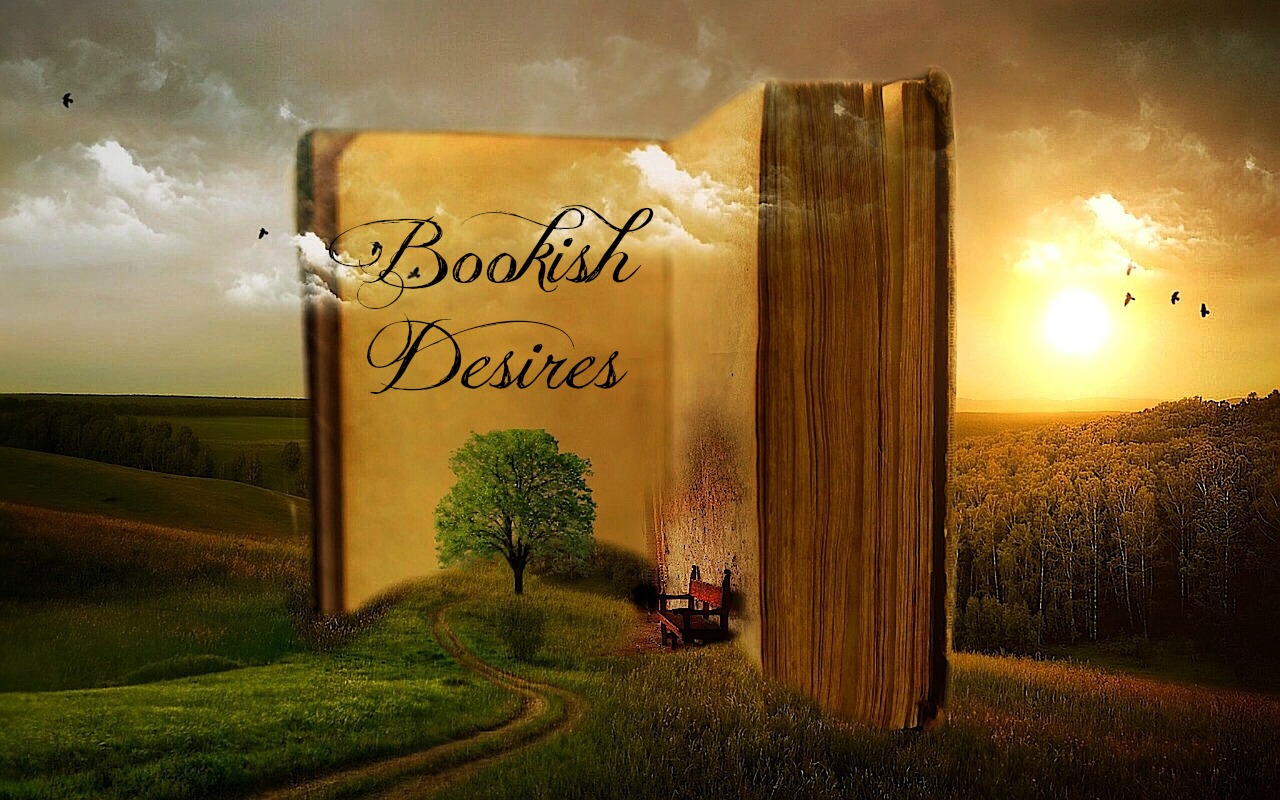 |
| Linda Kozar's Writing Desk: where the words spill out |
Writers are often asked, "Why do you write?" I've heard a plethora of answers to the question from other writers over the years. Here are some:
- 'Cause I write better than I speak
- It's in my blood
- Gotta get these stories out of my head
- Because I can't not write
- It's my calling
- Just comes to me naturally
- I don't know any other way to express myself
- I love it
- 'Cause words last forever when you write them down
- To be a NY Times bestselling author
- To get rich and famous
- I get to make stuff up and get paid for it
- To write the stories I want to read
- To find out what happens next
- I love making people laugh
- I love making people cry
- To create my own world
- Writing is cathartic
- Writing is fun.
- I have to write; I don't have a choice.
We may have different reasons to write, some realistic, some not so realistic. But the question to ask next is: are you writing? Talk to any group of people and I'll bet 80% of them have a book they'd like to write. With indie publishing on the rise, the percentage of people who only dreamed of writing their story are now seeing those dreams come true.
But at what cost?
There is purpose in the process. Taking the time and effort to learn the craft of writing, to try and fail, and try and fail, and fail and try again--to paper a wall with rejection letters--is important. Not a step to be skipped over. These are the rites of passage, the milestones of success for serious writers.
For writers, it is natural to think that everything we write is brilliant. A lady came to a writer's group I was in years ago and announced to all of us that we were "in for a real treat" because we would be introduced to her incredible story. We would actually get to read it. Wow. None of us quite knew what to say. Did this woman have delusions of grandeur?
When we began to read, we did not share her opinion about her work. The tenses and point of view were all wrong. The story was filled with cliche's and adverbs and telling instead of showing. There was more wrong than right about her writing. Our group pointed out what we liked about her work, but also showed her what was wrong--a response that did not go over well.
The intent of a critique group or partner should always be to help improve another person's work, not tear them down. And we've all experienced those pathetic people who live to tear down another writer's work in the worst way. But our writing group worked from the creed, "to tell the truth in love." The woman wasn't interested in hearing the truth however. She wanted us to do what I'm guessing all her family and friends had already done--gush over her brilliance. When we didn't, she was offended. She never returned to the group.
 |
| My mom used to have a similar typewriter--an old Smith-Corona |
Now for another truth. There are many indie writers in the same position as this woman, who think their writing is the next best thing. And instead of seeking honest feedback, they look for affirmations. Then they rush to publish their book. Big mistake. Anyone can publish a book, but if you want to publish a book that is memorable in a good way, you can't skip the process.
What I mean by that is, before you self-publish, learn everything you can about writing. Work on those talents and skills. Hang out with other writers and learn from them. Hone your craft. Thicken your hide and join a critique group. By that I mean, don't take offense when someone offers a comment or suggestion to improve your work. Some people are real tenderfoots when it comes to critique. And if you can't accept that your work is not perfect, it never will be. Besides, if your goal is traditional publishing and you can't take critique, what are you going to do when your editor rips up your chapters with changes? Get a thick hide and get it now.
The flip side of delusional writers are those who come to the conclusion that everything they write is trash. Every writer goes through this stage. This usually occurs after you finish reading a really really really good book. Then you compare your work to the other writers work and convince yourself that yours is only fit to marinate in dumpster juice.
This place is the beginning of wisdom. This revelation is a landmark. Embrace it. Start here.
Balance is key. As a writer, you're not the best, but you're not bad either. From this place, if you truly have what it takes to be a writer, things can only get better.
Why do I write? Because there's nothing else I'd rather do.
#





